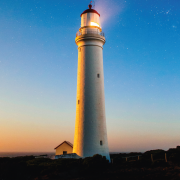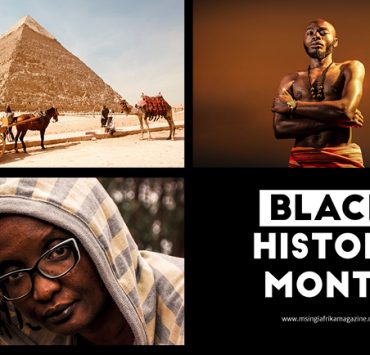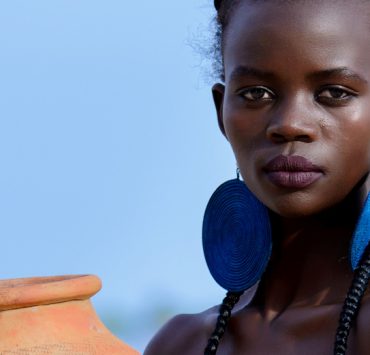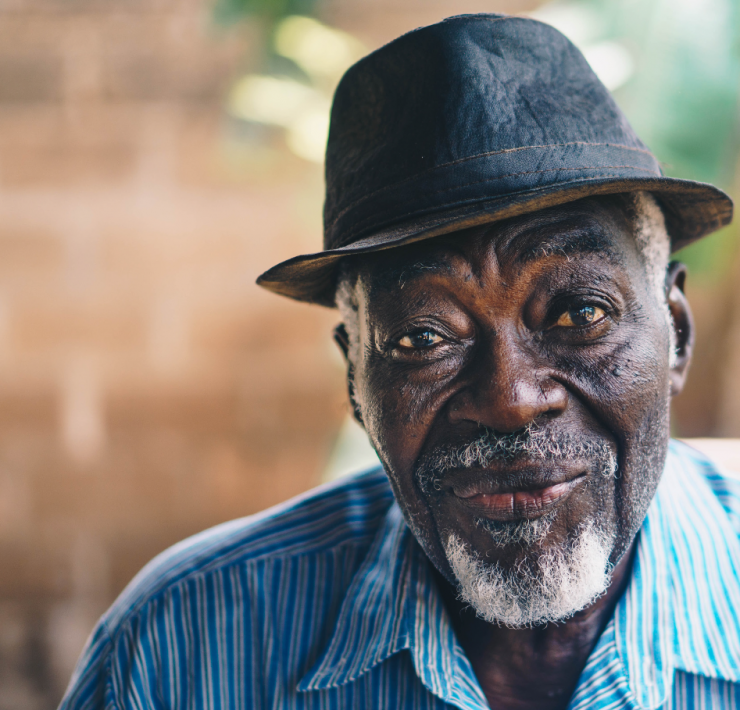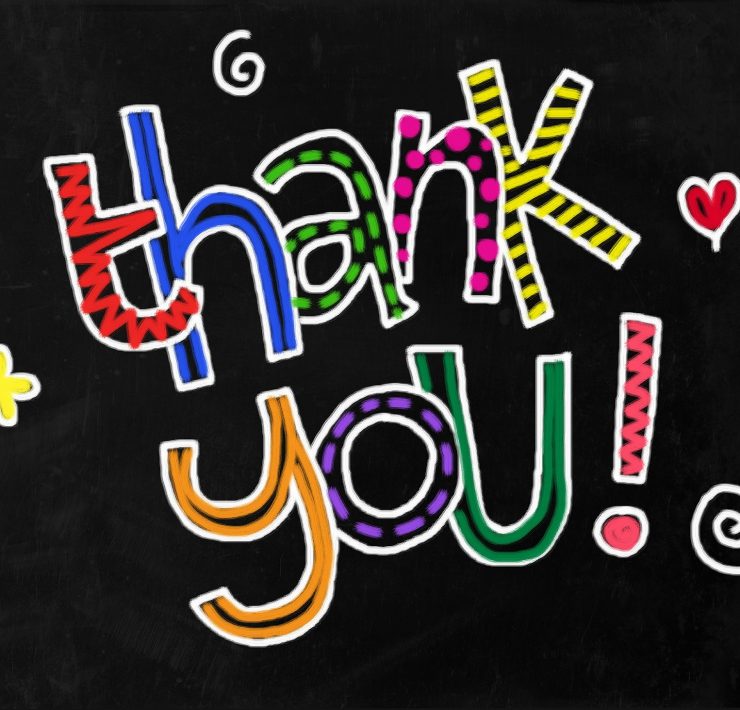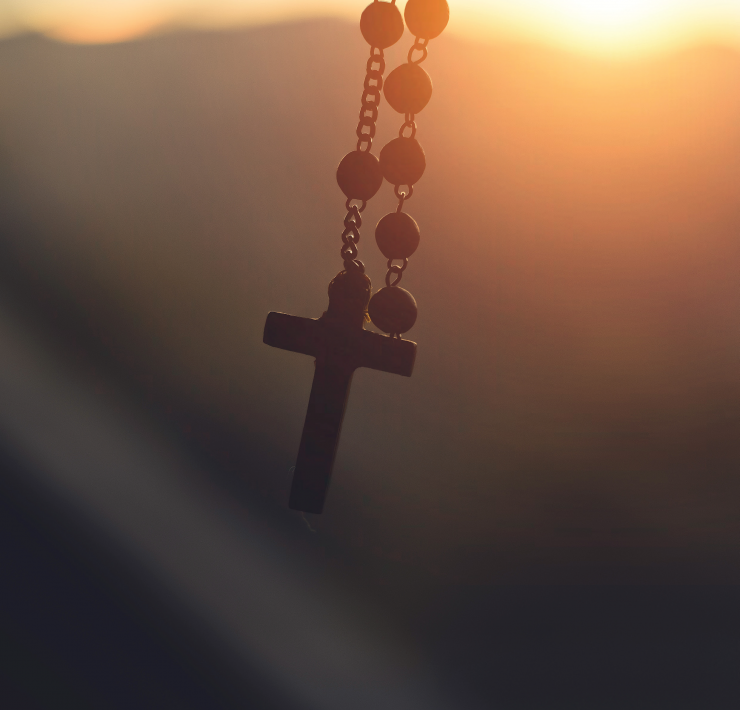Lift Your Brother Up!
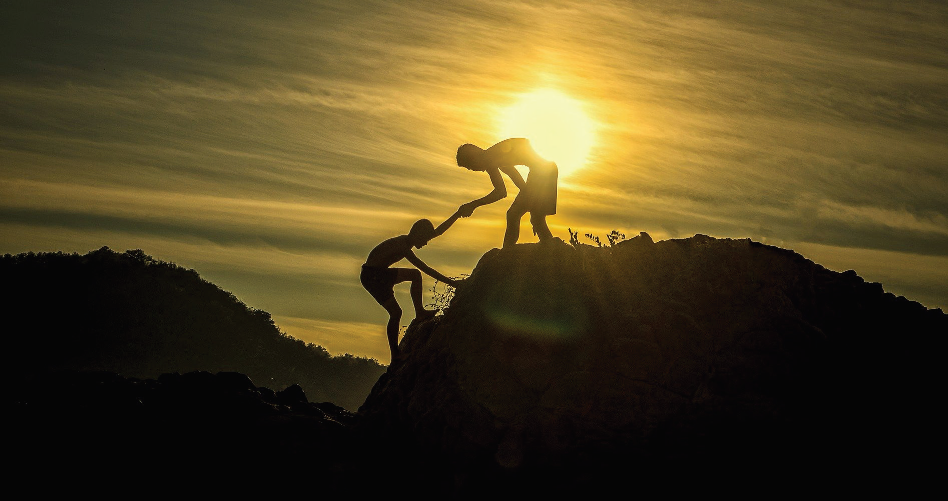
Chioma Phillips is the Editor of Msingi Afrika Magazine and…
A LOOK AT THE AFRIKAN BROTHERHOOD
With all the foolishness and western thinking that Afrikans and Afrikan leaders have imbibed over time, stories of true compassion and brotherhood are reducing in number. Like the recent one where a landlord in Kenya was hailed by his tenants on social media for lowering rent by about US$50 per month for the next 12 months due to harsh economic times, or a lady who offered on social media, a meal to anyone in her neighborhood who is going without food. She said she is not rich but food can be found in her café and that no one should go hungry. US$50 can bring so much relief to one’s monthly bill that I understood and even envied (God forgive me) the tenants of a person whose heart of compassion was evidently more powerful than the dictates of business. Trust me other landlords are not currently displaying the same heart. And a meal in time can provide much needed relief to one who is facing challenges in life. Well-placed and well-timed acts of kindness are a form of brotherhood that are rapidly reducing in Afrika.
Several people we have interviewed for Msingi Afrika Magazine have spoken about the changing Afrikan culture and what is being lost. They have shared with us from their own experiences how their parents would often take in or support other children or families who had less than they had, and so they grew up knowing that where there was a need, it was to be met by those who had greater supply. It wasn’t something one struggled with; it was something that one simply was. In their nature. This behavior was modeled sufficiently across Afrika for people to have this same trait or the same experience in common whenever they sat in international spheres to talk about ‘life back home’. In fact it is said that Afrikan community abroad is stronger than on the continent these days. A greater sense of our commonality is present in foreign lands perhaps.
In modern day Afrika, it is more common to film people being beaten to death or stripped naked and to post these videos on social media – instead of intervening in the senseless murder to both protect the life of the one under assault or the soul of the one tempted into murder and to cover the shame of the abused. Stories of actual compassion and brotherhood have become a novelty. Even in the home of Ubuntu.
Something Imor Pesa said when we interviewed him for the last issue of this magazine has remained with me. We asked him what he would say to Afrika and he said, “I want to tell everyone to go back to their roots and history. The African heritage. We Africans we used to do things as a society, we used to help each other. Community is what defines us as Africans, the little that we had, we shared. Until the moment we were colonized and were introduced to education, religion and the element of privacy: fencing your farm, keeping secrets from your neighbors, everyone working hard for their own.”
This is an issue that Dr. Mfuniselwa J. Bhengu addresses in his writings on Afrikonomics Theory, which can be found in this magazine, by kind courtesy of the author. In laying out the problem statement, Dr. Bhengu makes this powerful point: “… through Western capitalism (which embodies Western culture), African ethics and African economic relations (which embody African culture) were disrupted and put almost into non-existence, because Western capitalism tends to be a science of self interest, of how to best accommodate individual behaviour by means of markets and the commodification of human relations.”
How, I put it to you, could it then be possible in a western culture of capitalism that forced the Afrikan mind out of the communal mode so aptly described by Imor, and into the self-interest mode as elaborated by Dr. Bhengu, for one to maintain a sense of compassion and concern for his brother or sister? He has been reduced to the form and shape of an animal, where the Afrikan – like the caveman or hunter gatherer – is now determined to eke out an existence on this new barren landscape of capitalism – killing the competition, battling the elements, stealing and destroying so as to get enough for himself and his family to survive on, afraid he will run out.
This behavior was modeled sufficiently across Afrika for people to have this same trait or the same experience in common whenever they sat in international spheres to talk about ‘life back home’. In fact it is said that Afrikan community abroad is stronger than on the continent these days. A greater sense of our commonality is present in foreign lands perhaps.
It is important to point out at this juncture that the colonialist had succeeded in convincing the Afrikan mind that his primary interest should be his immediate family as a priority and his ‘extended’ family next and if anything remained, the ‘stranger’ out there. So father, mother, children (and a dog) and the house help and gardener were the new priority over (grand)parents and siblings. This became the new reality for increasing numbers of Afrikans across the continent from the late 1950s who were getting ‘modern’ jobs … whereas before, all were considered to be a part of this wonderful thing called ‘family’ – including those with no home or parents or blood relations. Thus, Capitalism and a western viewpoint on family effectively disrupted the Afrikan social and economic structure to the point where our very humanity has been put on the brink of annihilation. Yes, it is that serious. Brotherhood as we know it seems to be going the way of the rhino. To its extinction. The modern Afrikan has been deformed socially and spiritually by this new paradigm and so Afrika has suffered greatly because of this lack of compassion and brotherhood. I have seen this hardened circling of the wagons to ‘protect what’s mine’ in those who say they believe in Jesus, and those who don’t. This spirit takes no prisoners and it takes everything that one can muster to fight against it to avoid an exclusionary approach to life and living.
Consider this. I have US$15 to take me and my family through the next few days and my brother or sister calls me and says they have no food. I have little or no food, but I am now faced with a tough choice. Do I eat for the next few days while my brother or sister starves or is forced to beg from someone else who will not treat them with the same heart as I? (Although, to be fair, there are those who are not related by blood who demonstrate a higher level of compassion than those related by blood.) There was a time when this dilemma would have been a no-brainer. The answer would have been: we all eat. These days, however, I see and experience more of let me send you one dollar when I have finished spending 14 on myself and my family… or the ignored WhatsApp message. But Chioma, what am I supposed to do? Let my family starve? I’m just being responsible. Well, let me answer you as someone who has faced this choice time and time again and has faced the consequence of making the sacrificial choice and the self-preserving one. I found peace in us both eating and making it through one more day. I say this to explain to you that whichever decision you make, a consequence follows that you alone have to live with. However, once the dark night was over, we both found hope in the new day that God would make ways for us… and He did. Keep in mind ‘whatever you did for the least of these’ and Proverbs 3:27 and James 2:15-17.
When God asked Cain where his brother, Abel, was and Cain answered, “Am I my brother’s keeper?” Cain was saying to His Maker that he, Cain, was not responsible for the welfare or the outcomes of his brother’s life. He was saying to God that he, Cain, had no regard for human life, had no regard for the brotherhood and fellowship that God had created when He made them Cain and Abel. This was contrary to how God designed him. Cain was denying his godly nature. God could smell his brother’s blood and could hear it calling to Him, crying for justice that came from the animal nature in Cain that had arisen.
So here’s the thing. Afrikan brotherhood is not a natural phenomenon. Let’s just start there. It is not natural to die so that someone else can live. No. Afrikan brotherhood, while inherent to us, collapses in the face of certain disaster. What I’m trying to get you to understand is that with the erosion of our connection to God, there has been a concomitant erosion of our cultural connection. It’s the same erosion of culture that the Jews experienced that Jesus took the time to explain using the parable about the Good Samaritan. They dared ask Him, ‘Who is my neighbor?’ So Jesus characteristically used a Samaritan as an example just to pour hot coals on their heads. Samaritans were most despised by the Jews, yet Jesus used the deeds of this man in tending to his neighbor who had been attacked and wounded by thieves and neglected by a Priest and a Levite, both supposed servants of God and representatives of the highest standard of living. Keep in mind that this man who was injured was probably not a Samaritan himself, meaning that he would probably have subjected his rescuer to some form of discriminatory treatment (think racism) on a regular day, making this Samaritan a person of great exception to have handled his care with such compassion. The Jews had become separated from their God and had lost their sense of brotherhood and family and compassion. In short, it has happened before.
Afrikan brotherhood is a spiritual reality. It comes from our connection to God and awakens in us the innate desire that was put in us by God to ensure that we each raise the other up to the positions and places that God has in mind for us, regardless of personal cost and without seeking personal glory. It has become a culture almost alien to the Afrikan landscape because of an erosion of our connection to the One Who defines us and because of taking up and embracing the culture of Babylon (Capitalism) which runs completely counter to our divine nature. When we started basing every one of our interactions on “What’s in it for me?” and “How much are you going to pay me?” we lost hold of “Who am I in God?”, “What’s my divine purpose?” and “No matter what it costs me, I will do what God wants.” We became instead like animals, scrabbling around to fill our bellies, not caring who dies or lacks or is left by the wayside to die. We forgot our “We” in pursuit of an “I” … and that was never God’s intended purpose. We must return to our place or else continue to lose joy, peace, righteousness and our true spiritual heritage: Our inheritance in Christ.
We must lift our Afrikan brothers up.
WHAT MUST WE DO
- Just maybe we need to begin to re-look what makes us Afrikans. We need to understand that to be Afrikan is a divine privilege that we must not undermine.
- Can we take time out to truly understand why it is easy to welcome a white man into our country but criminalize an Afrikan?
- To be good is not difficult, it just takes a little act of kindness, compassion, love and mindfulness. The world is full of evil already, do not add to it.
What's Your Reaction?
Chioma Phillips is the Editor of Msingi Afrika Magazine and the host of Msingi Afrika Television. Her hope is to see the Truth shared, with all who will listen, for the transformation of the people and the continent of Afrika - and the world. She believes passionately in the critical role that Afrika and Afrikans have to play on earth right now and hopes to ignite the spark that will cause them to see and believe who they are, so that they can live out their Truest lives for the remainder of their days.








